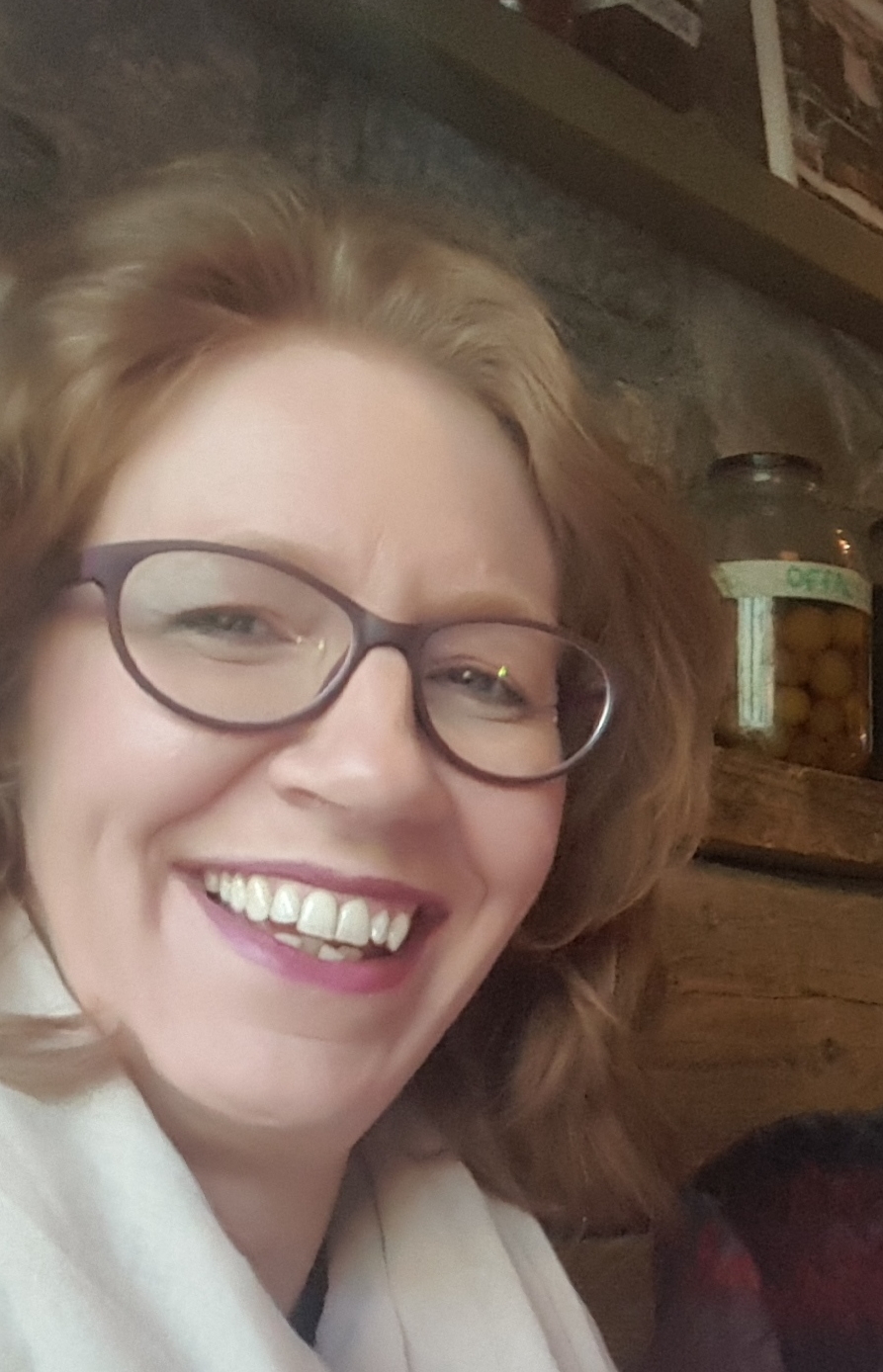In this month’s issue, we shine a light on Muireann Ní Riain, CNS Acute Hospital Liaison Nurse at St Michael’s House, Ballymun Road, Dublin 9.
If you have a story that you would like to share to celebrate the International Year of the Nurse and Midwife please send it along with pictures to communications@nmbi.ie
 I
I
Our interview with Muireann
Why did you choose a career in nursing/midwifery?
Initially it would have been the childhood aspiration of helping and caring for people when they are sick into wellness. Both my grandmother and aunt were nurses and my mother also worked in healthcare as a dietitian so I could see the value of working to help people. They also showed me the commitment it takes and the value of being responsible and compassionate in what you do on a daily basis.
Why do you think it’s important to celebrate the International Year of the Nurse and the Midwife? What message would you like to send in this context to your team or your profession in general?
I think this is important because as nurses we often forget to celebrate ourselves, the skills we have and the value that is placed on those skills by the people we work for and with.
As a RGN and RNID, I would like the wider profession to remember that nursing is a wide spectrum of professionals and that the skill base is diverse. To this end there should be an openness to request support from those who have the skills that you may not possess to help improve an individual’s pathway through whichever aspect of healthcare they are in during that moment in time.
How have you made a difference as a nurse/midwife?
Making a difference when working with people with an intellectual disability is a wide continuum – from the person you helped with their breakfast this morning, to the person you helped understand their healthcare needs, to supporting someone build skills to maximise their ability to live in their own community.
In my current role as a CNS Acute Hospital Liaison Nurse, I make a difference by supporting people with intellectual disability through the acute hospital setting. This can entail liaising with medical and nursing teams in the hospitals to ensure we have good information about the condition of an individual going through an acute phase of illness and plan towards a safe and effective discharge; from supporting the individual and their support (staff, family) to understand any changes to the care and management of needs coming from an admission. It can also be more proactive by linking with hospital colleagues to help them understand the needs of an individual with an intellectual disability during an admission and also working with someone in the build up to an elective admission by using resources to help them understand the steps ahead.
Do you have a memory in your job that really stands out?
I do have many memories that stand out across my career and they are entwined with the people for whom I work and serve – people with an intellectual disability are true individuals and they don’t always do as you would expect.
If they are happy they will include you; they have skills that most of us can’t name; many can’t speak but they communicate their needs, wants and wishes very loudly; they know how to fight - when they are very unwell that will come through. If they don’t want to do something they won’t BUT then if they see something in you that is of value they will cherish it and show you that you also have skills that you can’t name. They will help you to understand their communication so you can communicate for them and they will get you to fight for them and in working with them you will see that every day is a new day for them.
The memories are a smile from someone coming out of illness or having a bad day, a touch of a hand from someone who doesn’t like touch, a successful day trip, a family member who says ‘I never thought they would do that’, time in giving comfort and ease to pain at the end of life, getting someone to experience something they never thought they could (as simple as sitting still in a coffee shop or as complex as supporting them through a tough hospital admission) – the list is endless and as individual to the nurse working in intellectual disability and whoever she or he serves.
Has COVID -19 made a difference to nursing? Are there any positives that you will take with you?
I think it will make a difference but its full impact has yet to be seen. I hope in the intellectual disability sector that we will see how nursing skills have shaped the support and management of minimising the impact of Covid-19 on the population for whom we work. I think we will be seen as a flexible workforce that has adapted to the needs of the service that was required, working to support our amazing profession that supports the diverse group of people we work with and for.
If you could, what advice would you give to 19 year old you, starting out?
I would say to her...
The road is not going to go the way you planned but roll with it and learn from everything that is put in front of you. Some days will be much harder than others but you will get through them. You will be touched by things people do and say in a positive and sometimes negative way but once you keep the patient/service user/client/person who you work with at the centre of what you do, you will be proud of what you do every single day.